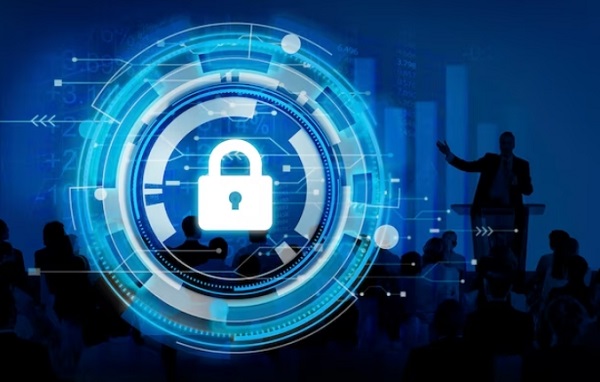Access control is more than just a physical security solution. It has several key impacts on your business.
Whether employees, contractors, or visitors, your staff needs easy, automatic access to the parts of your site or building where they work. This avoids the hassle of keys and saves you money on locksmith fees.
Increased Security
So, what is access control? Access control is one of the most essential tools when protecting business documents and sensitive data. It keeps people out of areas where they shouldn’t be — production spaces with dangerous equipment and high-value materials, for example — and prevents unauthorized users from viewing or gaining entry. Attacks on confidential data can have devastating consequences for businesses, including the loss of intellectual property and personal information.
The security provided by access control also helps to make employees feel safe when they’re inside a building. Instead of fumbling with a key or entering a code on a keyboard, they can swipe a card or input their PIN to gain access. This saves time and makes them feel more secure as they complete their work.
Another advantage of access control is that it allows companies to record who enters and exits each door. This record can help if an incident occurs, like a break-in or theft, as it proves that a person was at a particular place at a specific time. It’s an excellent tool for large offices, schools, hospitals, or other buildings with multiple locations that need to ensure security across all sites. It can even be integrated with other systems, such as lighting and temperature control, to automatically lock doors after hours or raise/lower the thermostat when it’s not in use.
Better Customer Service
Many business owners are surprised to learn that their access control system also helps them provide better customer service. This is because when customers can enter the premises with a simple swipe of an electronic credential rather than having to deal with keys, it allows them to quickly and easily get in and out of the building. This is a great way to save time and money and make entering a building much more convenient for employees, visitors, and delivery people.
Access control also mitigates lateral movement in the case of cybersecurity breaches, helping to stop data leaks and other types of damage from spreading. Using an appropriate level of access model based on the sensitivity and type of information being handled – including role-based, attribute-based, and policy-based systems – it is possible to limit who can see what data is essential for security and business processes.

This helps prevent sensitive information from falling into the wrong hands and can also be helpful for audit trails should a breach occur. It can also make it easier for a premise owner to identify where the breach came from and where the compromised information was located within the system. This is a key aspect of any cyber defense and should be a part of every company’s infrastructure.
Reduced Risk of Fraud
An access control system makes it easy for employees to track where they are in your building at any given moment. This can be very helpful in identifying whether someone is where they are supposed to be and preventing theft and other internal issues.
Moreover, an access control system can verify a person’s identity before accessing the secured area or information. This verification can be done through several methods, such as fingerprints, PINs, smart cards, or passwords. Additionally, an access control system can prevent employees from connecting to specific URLs unrelated to their work, ensuring they are focused and working as efficiently as possible.
Access control can also help businesses comply with government and regulatory requirements, including access certifications. This is accomplished by strictly monitoring who has access to which resources and modifying permissions accordingly. Additionally, many systems can be synced with a building’s HVAC and electrical systems to lock all doors after office hours automatically.
Regardless of the size or type of your business, an access control system is critical to your security. Not only does it improve employee productivity, but it can also help your organization save on energy costs and provide a safe environment for customers.
Increased Efficiency
As every business owner knows, information security is critical to running a company. It’s the only way to ensure that the data your employees are handling is not being compromised by unauthorized individuals (confidentiality), is complete and intact, and is available whenever authorized users need it (integrity) and that no one can access the information they should not have (availability).
With access control, you can set policies limiting access for specific groups of people. For example, limit access for contractors or junior staff to the laboratory only during their standard shift patterns or to restrict customers from areas with hazardous chemicals and materials to reduce the risk of accidents.
Another benefit is that an access control system will log who enters and exits your sites for audit purposes. This helps you to hold staff accountable for their actions and can also prove valuable when investigating vandalism, theft, or incidents of environmental damage.
Whether it’s a key fob or an access card, the fact is that physical barriers are the best way to prevent unauthorized entry into your office spaces and building complexes. That’s why many small businesses invest in an access control system for their premises. It saves them time and money by providing a more efficient method of managing the security of their offices, warehouses, and other facilities.




